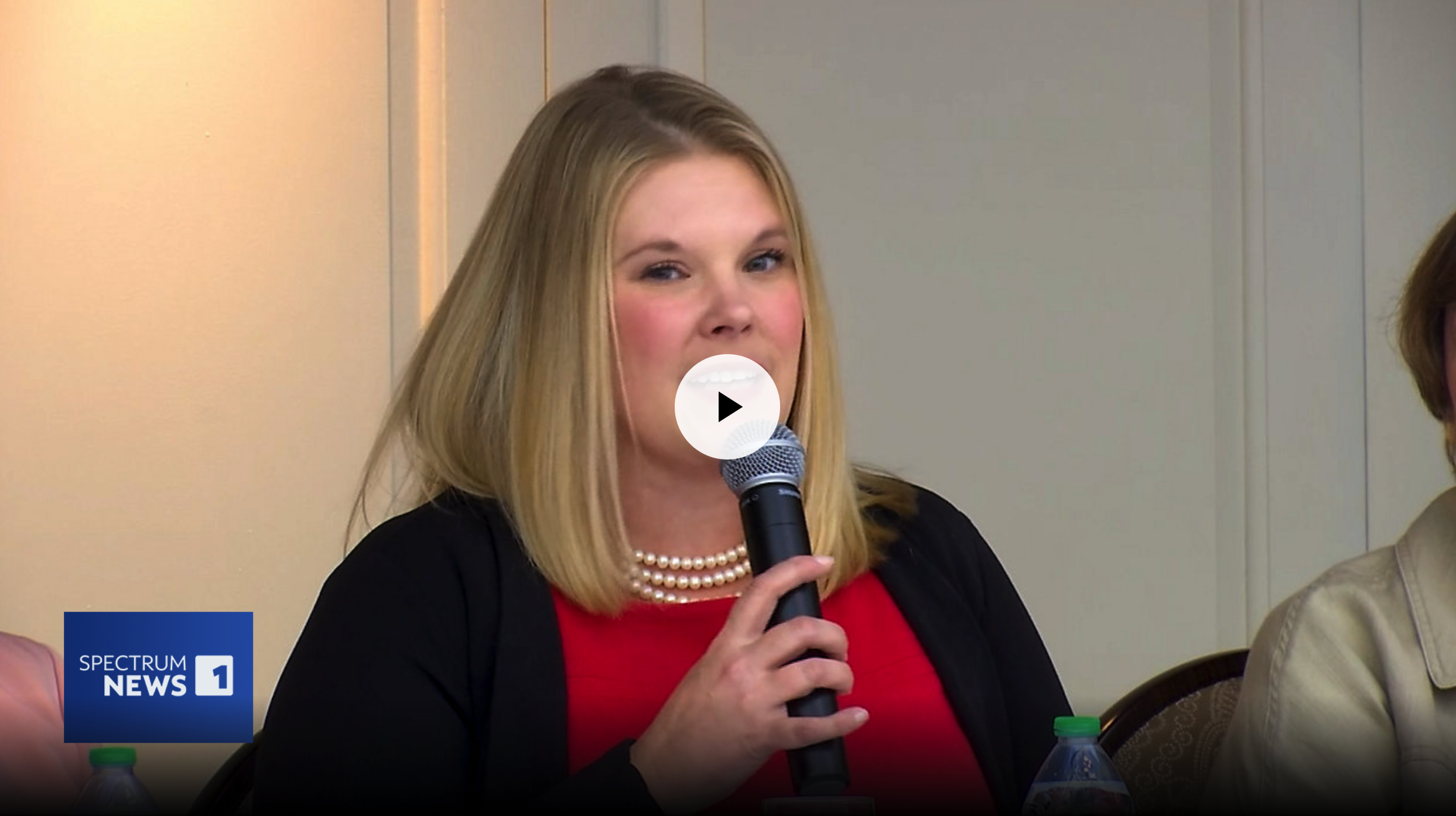Below is an op-ed by Daniella Ballou-Aares, David Clunie and Rhett Buttle published in Fast Company on June 6, 2022
The erosion of democracy is bad for business and the world, but everyone benefits when businesses step up to protect it.
The health and stability of American democracy are in the midst of serious threats, putting our elections and business environment at risk. The business community can take decisive action to support democracy and turn the tide.
America was downgraded from a “full” to a “flawed” democracy by the Economist Intelligence Unit in 2016, and multi-pronged threats are increasing the risk that we could face serious political instability in upcoming elections. Particularly concerning is the lack of faith in election outcomes: 32% of voters believe that the 2020 election was stolen, and politicians seeking to capitalize on this belief have introduced over 600 bills in 49 states targeting voting rights since 2020. And a major American political conference is being hosted in Budapest this year to celebrate and learn from Hungary’s autocratic prime minister, Viktor Orbán.
Political instability and the erosion of the protections that democracy offers can increase the cost of capital, stifle innovation, impact supply chains, and lead to declines in the rule of law that is foundational to the success of capitalism. Most recently, when companies like Walt Disney took public stances that ran counter to the views of the state’s elected leaders, they faced swift retaliation, echoing a pattern of political retribution against business that we’ve seen in states like Georgia and Texas. Political retribution is a tool of autocrats, not leaders of the world’s proudest democracy.
Business leaders understand the connection between a thriving democracy and economy. Forty-five of the 50 largest companies in the world were founded in democracies, and according to new data from a Morning Consult survey of over 2,500 business leaders and consumers, an incredible 96% of corporate leaders agree that a well functioning democracy is “important” to a strong economy.
Over half of business leaders surveyed say their companies are more likely than they were five years ago to take a public stance in favor of democracy, or to encourage employees to speak out themselves. Finally, the Morning Consult data show that over 80% of business leaders agree that companies should act to ensure safe and fair elections and protect democratic institutions.
This commitment to democratic engagement is evident across the business community. In the wake of the January 6 insurrection, over 120 of the nation’s largest companies halted political contributions to politicians who voted against certifying the 2020 election. Those members of Congress have lost 59% of their funding from corporate PACs (in 2021 vs. 2019) as a result. And over 450 American companies have withdrawn or suspended key operations in Russia following the invasion of Ukraine.
Everyone benefits when businesses step up to uphold democracy. For example, the Voting Rights Act of 1965 narrowed the wage gap between Black and white workers by up to six percentage points. When democracy is strong, communities build prosperity and businesses both fuel and reap the benefits.
It’s never been more clear that a strong economy requires a strong democracy. That’s why our three organizations have launched the Business & Democracy Initiative—to empower business leaders to collectively stand up for American democracy, rebuild trust in democratic institutions, and secure the next generation of stable and inclusive American prosperity.
The Business & Democracy Initiative has defined concrete actions business can take to uphold democracy. Business leaders can establish pro-democracy policies, such as giving employees time off to vote or work the polls and ensuring PAC contributions only go to recipients who demonstrate commitment to the democratic process. Businesses can advocate for federal and state democracy legislation, such as opposing measures that would make it harder for any eligible voter to cast their ballot. Corporate donation programs can also be expanded to include donations and in-kind resources for nonpartisan state elections infrastructure, from stress tests to tech upgrades and training.
Businesses depend on a functioning democracy in order to thrive, and face dramatic downside risk if the political system descends into polarization or even violence over contested election outcomes. Supporting a strong democracy is also a positive agenda for businesses and citizens to reinvigorate our social fabric, protect access to the franchise, counter polarization, and build institutions that secure our economy into the future.
Daniella Ballou-Aares is the CEO and cofounder of the Leadership Now Project; David Clunie is the executive director of the Black Economic Alliance; Rhett Buttle is the founder of Public Private Strategies.





















